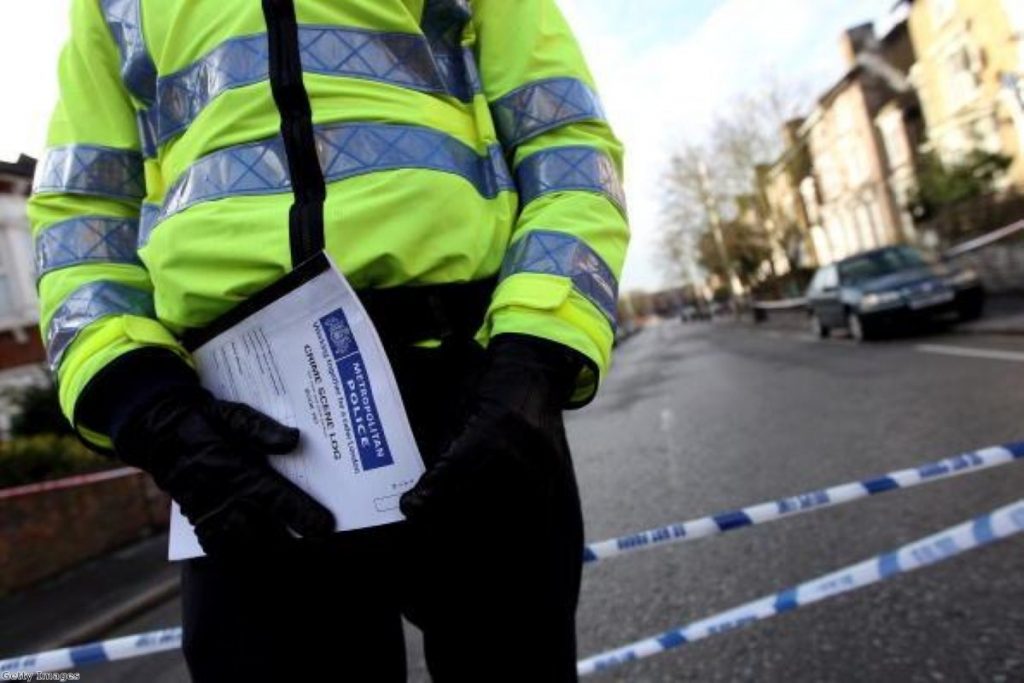Policing ‘Hippocratic Oath’ will fix bent coppers, MPs hope
Police need to be as trusted by the public as doctors, MPs have said, in a report calling for a major shake-up of standards.
The Commons' home affairs committee wants the introduction of a new code of ethics and integrity comparable to the Hippocratic Oath taken by doctors at the start of their career.
Its report, published today, called for unified policing standards, a register of interests for chief constables and a scale of fines established by the College of Policing in cases of grave misconduct.
"Broken systems of accountability and a patchwork of police standards and training have allowed a minority of police officers to get away with corruption and incompetence which is blighting an otherwise excellent service with dedicated officers," committee chair Keith Vaz said.


"The recent allegations of police spying on the Lawrence family and the bugging of Duwayne Brooks, and other activities of undercover officers, have shocked the public."
Anger at the misbehaviour of serving police officers is riding high at the moment following revelations about Hillsborough, allegations of covert surveillance of the Lawrence family and the failings exposed by the phone-hacking inquiry.
Conservative MPs are also deeply suspicious of the Metropolitan police's handling of Operation Herne, the probe investigating the 'plebgate' scandal in which former chief whip Andrew Mitchell lost his job in the Cabinet.
Although the Independent Police Complaints Commission (IPCC) is 'supervising' elements of the investigation many backbenchers feel the police are investigating the police – undermining the trustworthiness of their conclusions.
"There are currently at least eight exceptional investigations underway as a result of police failings and integrity issues which so far have cost the taxpayer over £23 million pounds, with nearly 300 officers yet have resulted in only five convictions," Vaz added.
"The police should not be investigating the police. HM Inspectorate of Constabulary and the IPCC need to lead these investigations. 'Double-hatting' chief constables simply cannot give them the time required."
The home affairs committee's report is the latest in a series of calls for reform which have failed to prevent more stories of police wrongdoing emerging.
In 2004 then home secretary David Blunkett introduced a "coppers' contract", providing new minimum standards for the police.
In 2011 a report from HM Inspectorate of Constabulary found that while serious corruption was infrequent, the police did not escape with a clean bill of health.
It found big geographical inconsistencies between what is judged acceptable up and down the country in 'grey areas' like the use of corporate credit cards, gifts, hospitality, second jobs and business interests.
What counts as acceptable hospitality and gratuities, and which additional employment roles are compatible with police jobs, was also found to be far from clear across the UK.

